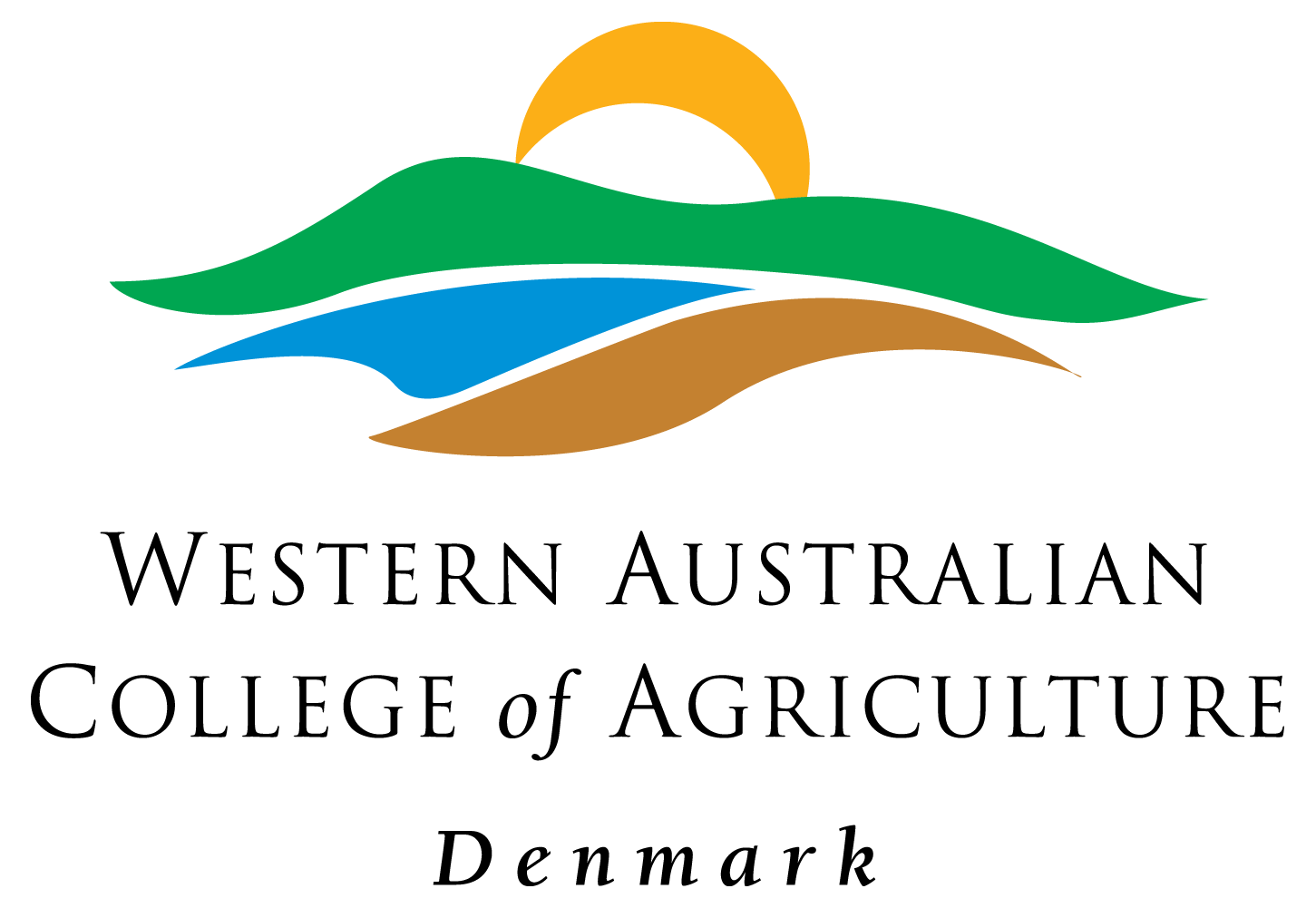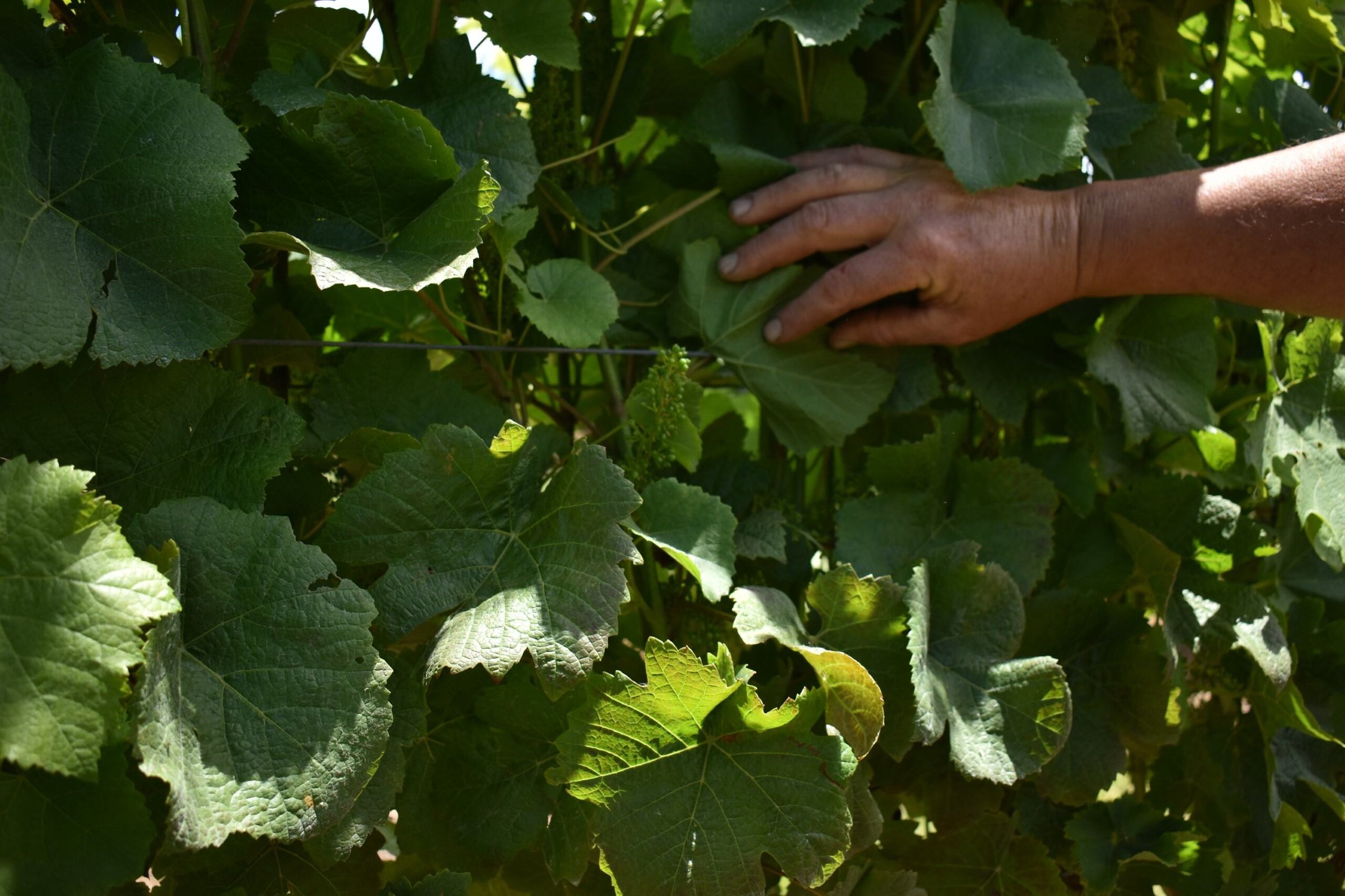Issue 5 2024 - Farm Manager
Farm Manager
Kevin Marshall
As we enter into the spring months the days are getting longer and the grass is finally growing. The farm has come ahead in leaps and bounds in recent weeks and all the tough times during the summer are quickly forgotten. The late start to the season put huge pressure on the livestock herds, but with careful feed management and some unavoidable expenditure, we got through the tough spell. Now on the other side of the hump, the grass has accelerated growth and is actually better in places than normal, probably due to the drier than normal conditions avoiding the usual waterlogging of some pastures.
We have several paddocks shut up for early silage and is not too far away from cutting and baling. All the hay making equipment has been serviced and checked over and is ready for work. We are seeing some strong evidence that the new seeder has given us an improved rye grass establishment. One of the challenges to establishing a mixed pasture crop of cereals and rye is to get the seeding depths right and it seems the new Vaderstad equipment has been able to do that. We are investing about $150 per hectare in rye grass seed alone so we want it all to come up if possible.
Livestock herds have recovered really well from the dry spell, however, it hasn’t come cheap. During the dry spell, we invested in self-feeders for sheep and cattle along with big feed troughs for the milking cows. We have increased the grain feeding of sheep and cattle and have continued feeding grain pellets to lambs after weaning. They are loving their muesli pellets in the mornings, and are growing well. It is our intention to hit the sucker lamb market early this year with finished lambs ready by the end of September. These lambs should hopefully bring a premium price.
Beef cows and calves have also recovered well with animal condition improving weekly. Heavy steers are looking good and will be available in the weaner market in October and November. Calves by then will weigh more than 320kg and as the overall beef market has recovered somewhat, prices are expected to be stronger than they were in 2023.
Recent pregnancy testing of the beef herds gave us the best Artificial Insemination results we have achieved in the last six years of 65%. We trialled a different synchronisation program this year and the herds cycled extremely well. This successful AI program gives us a larger pool of pure Angus calves to select our future females from. On the downside, our Stud Simmental program had a very poor AI result which was disappointing considering we have invested a lot of money in high quality semen from across the country. Fortunately, we have two good stud bulls which backed up the program and got the cows in calf.
At the Dairy, spring calving is well underway with the early heifers filling the calf shed with new life. Students once again get to experience the required calf feeding daily and learn to observe the calf behaviour and health. Feed availability has been good and the prime dairy paddocks have been grazed several times. Markets for young dairy breed stock is very low, especially for male animals. Farmers like us must analyse whether it is financially viable to feed a male calf for six months or sell off as a youngster. Currently we are offering week old dairy calves for sale.
The Perth Royal Show is upon us again and as usual, we have bitten off a huge challenge getting sheep, cattle and students to Perth. The sheep and cattle are easy, it’s mustering the students into a mob and organising the flock of seagulls into one place at one time. Cattle Club have got twenty two seriously heavy steers which Mr Seib has been grooming and clipping non stop for a week. Steer body condition seems better than last year, and the team looks great. Sheep club are ready and willing with ewes, rams and AWI wethers ready for the trip.
Students have been training for the Farm Skills Competition. A team of staff and students are travelling to Claremont to compete in the annual competition. Denmark students have not had time to do a lot of extra training, however it is our opinion that the training should have already been done over the last three years, and the students’ skills will come from experience. Good luck to the teams.
Mr Thomas has been away on Long Service Leave so thank you to Mr Cosby for holding the fort at the horticulture and avocado areas. Currently the brassicas have been maturing well and beds are being prepared for the summer plantings later in the year. In the vineyard, the vines have been pruned and bud burst is well under way. Under vine spraying has been completed and some trellis maintenance always needs maintaining. Mr Cosby has also grafted some of the unproductive vines to newer and higher yielding varieties.
As we complete the term we wish all graduating Year 12 students good luck in their futures and finding good employment. At times on the farm we challenge students to achieve tasks higher than their expectations and sometimes they come up short. Hopefully these challenging experiences can equip them for the real-life challenges within the workforce and society in general.
Kevin Marshall
Farm Manager
WACOA - Denmark




